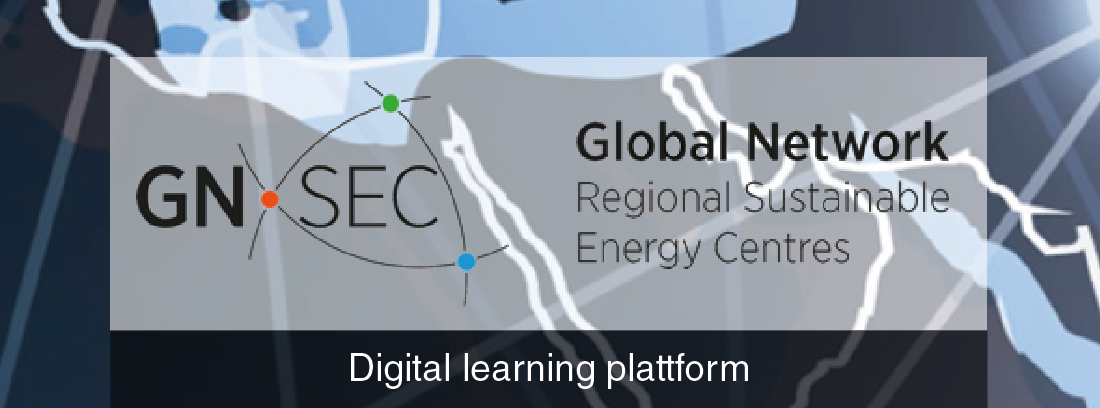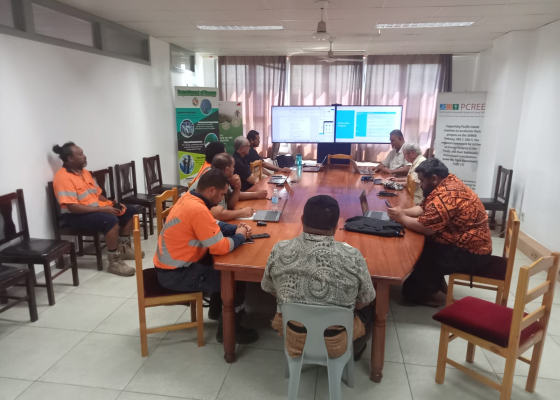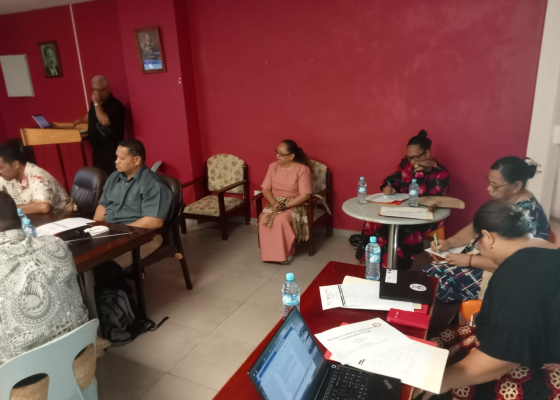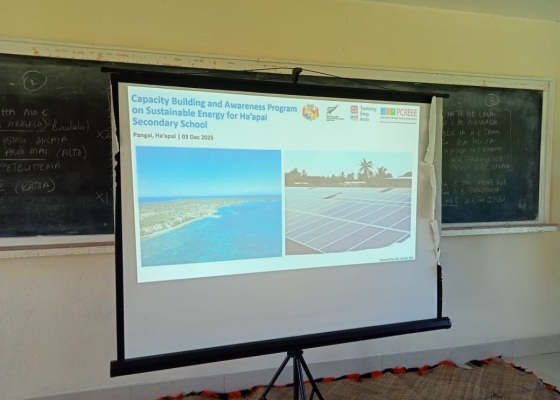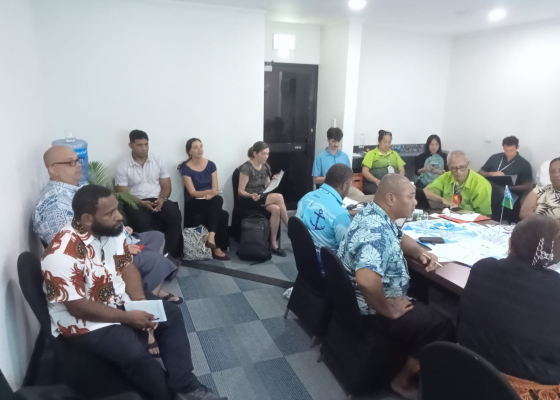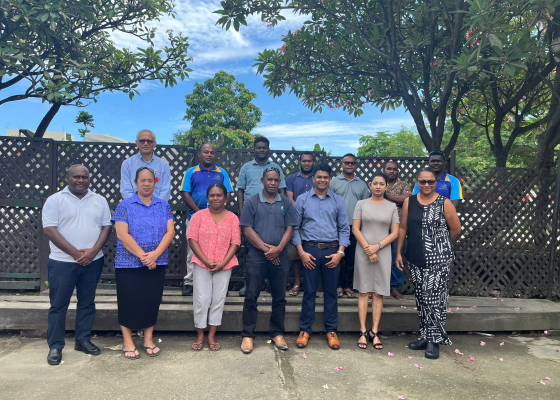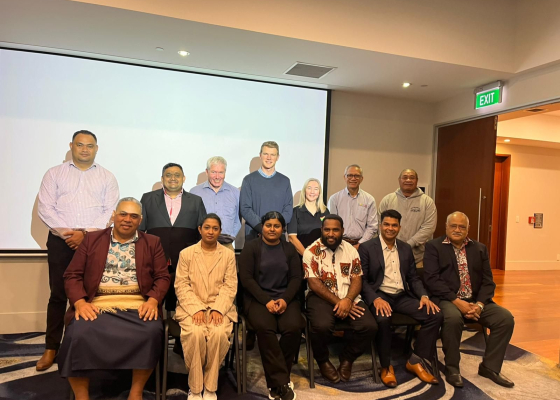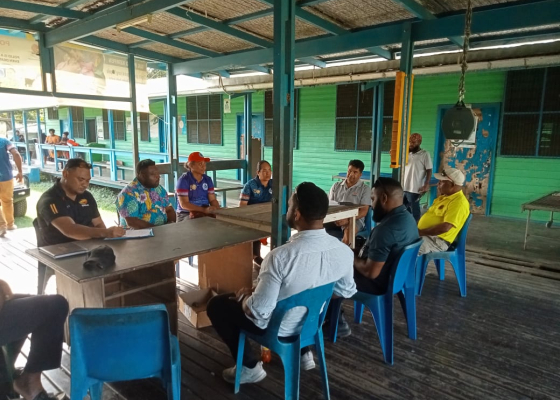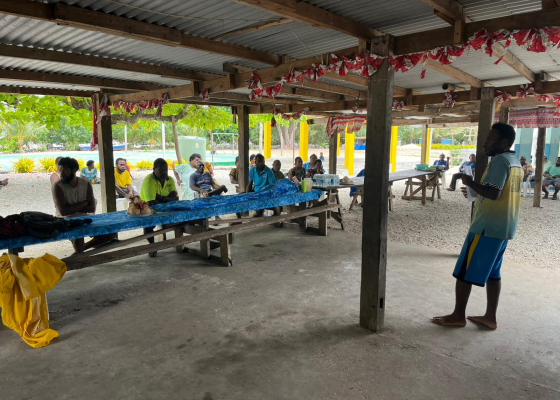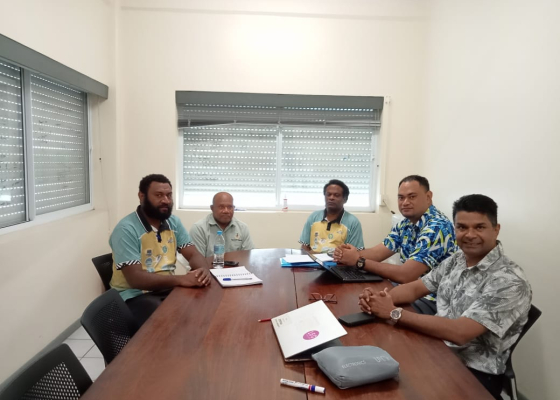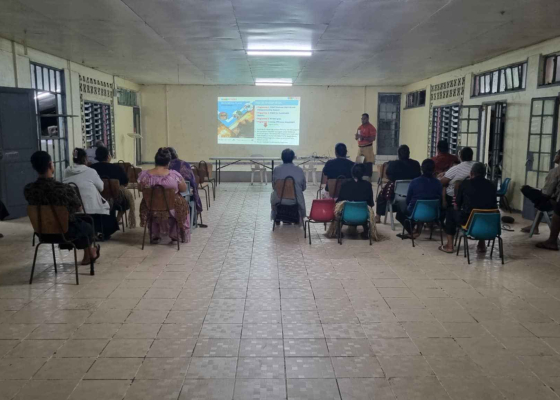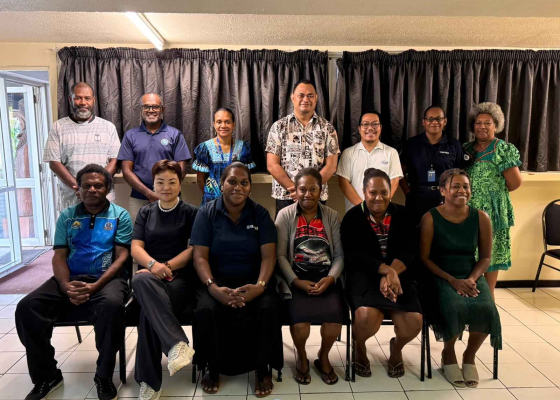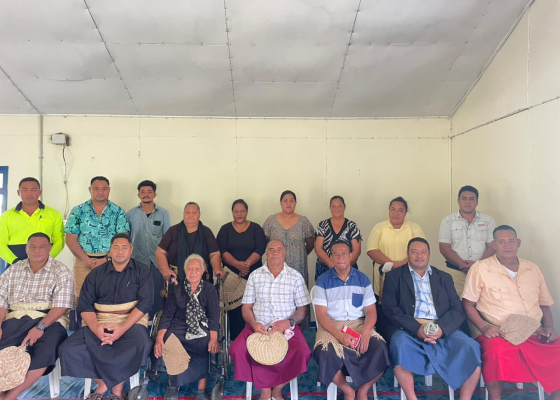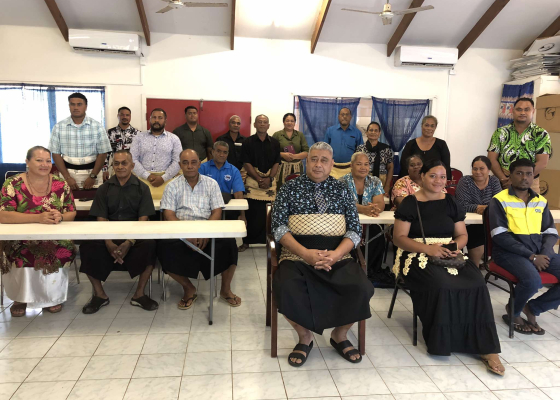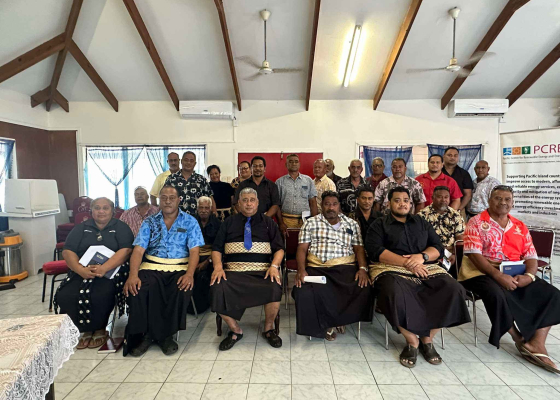UNIDO Vacancy Announcement: GN-SEC Project Administrator No. 2
Duty station: UNIDO Headquarters, Vienna, Austria
Approximate duration: 12 months (with the possibility of extension)
Post Level: ISA-Junior Specialist
Type of Appointment: Individual Service Agreement
Employment Fraction: NonStaff-Regular
ORGANIZATIONAL CONTEXT
UNIDO is the specialized agency of the United Nations that promotes industrial development for poverty reduction, inclusive globalization and environmental sustainability. Its mission is to promote and accelerate inclusive and sustainable industrial development (ISID) in developing countries and economies in transition. The relevance of ISID as an integrated approach to all three pillars of sustainable development is recognized by the recently adopted 2030 Agenda for Sustainable Development and the related Sustainable Development Goals (SDGs), which will frame United Nations and country efforts towards sustainable development in the next fifteen years. UNIDO’s mandate in SDG-9, calls for the need to "Build resilient infrastructure, promote inclusive and sustainable industrialization and foster innovation".
Accordingly, the Organization’s programmatic focus is structured in three thematic priorities: * Creating shared prosperity * Advancing economic competitiveness * Safeguarding the environment. UNIDO delivers its services through the following four complementary and mutually supportive core functions: (a) technical cooperation activities; (b) analytical and policy advisory services; (c ) standard- setting and compliance and (d) convening and partnership role. Such core functions are carried out in Departments/Offices in its Headquarters, Regional Offices and Hubs and Country Offices.
The Directorate of Environment and Energy (EAE), headed by a Managing Director, aims to integrate and scale-up the energy and environment activities focusing on supporting governments and industries to provide sustainable and resilient soft and hard infrastructure for industrial development, supporting industries to contribute to climate neutral circular economy, and supporting governments and industries in fulfilling national commitments under multinational climate and environmental agreements.The Directorate consists of the Department of Environment (EAE/ENV) and the Department of Energy (EAE/ENE).
This position is located in the Energy Systems and Infrastructure Division (EAE/ENE/ESI), which focuses on promoting sustainable energy solutions and infrastructure for industrial development. The promotion of industrial decarbonization through crosscutting solutions, such as energy management systems and standards, energy systems optimization, and deployment of renewable energy technologies is one of the core functions of the Division. In addition, the Division supports Member States with the transition to sustainable energy systems for ISID. By bringing together supply and demand side perspectives, the focus of the Division is on system level changes and transformative solutions driven by the convergence of key technologies such as distributed generation, digitization and storage technologies as well as climate policies. The Division focuses on disruptive solutions, being they technological or business models. It is also responsible for coordinating policy engagement and dialogues, at national, regional and global levels, and through pursuing meaningful global partnerships in the field of sustainable energy and climate change. The Division positions UNIDO strategically in the global energy and climate change forums and coordinates the global network of regional centers and partnerships.
PROJECT CONTEXT
Under the overall supervision of the Division Chief (DC), the Project Administrator (PA) assists the UNIDO Project Manager (PM) and his team in the implementation of the Global Network of Regional Sustainable Energy Centres (GN-SEC) program and a portfolio of related projects, activities and events. Specifically, the PA engages in the following three work streams:
Work stream 1: Execution support for the Global Network of Regional Sustainable Energy Centres (GN-SEC)
Since 2010, UNIDO supports economic communities (e.g. ECOWAS, SADC, EAC, CARICOM, SPC, SICA, ECO, ECCAS) in the creation and operation of regional sustainable energy centres. UNIDO builds consensus between countries and provides support for institution-building and technical program development. UNIDO is a applying a modular twinning approach (peer to peer learning), which delegates - depending on progress - more and more responsibilities to the management of the centres. The expanding network has approval by more than one hundred Ministers of Energy and comprises eight operating centres in Africa, the Arab region, the Caribbean and Central America, the Pacific and Himalaya-Hindukush. The centres are part of the regional economic integration efforts and work towards the creation of common markets for renewable energy and energy efficiency (RE&EE) products and services. Through regional approaches, tools and methodologies the centres contribute to the reduction of demand-side (consumer) and supply-side (product and service providers) barriers and promote economies of scale and equal progress among countries. Usually, the centres intervene in several of the following areas: a.) policy, regulation and standards, b.) qualification and certification, c.) awareness and knowledge management, d.) investment and business promotion, e.) innovation and applied research.
Recently, UNIDO has created the GN-SEC platform, which provides a “maker-space” for joint learning and south-south cooperation between the centres. The PA contributes to the implementation of the GN-SEC platform activities and provides technical support to the centres of ECOWAS (ECREEE), SADC (SACREEE), ECCAS (ESEC), SPC (PCREEE), ECO (CECECO) and ICIMOD (REEECH) on a daily basis. The work stream requires continuous coordination and mentoring, co-organisation of meetings and workshops, joint development of technical documents, work plans and progress reports, as well as partnership building and fund mobilisation.
Work stream 2: Development and implementation of innovative GN-SEC programs and projects
Based on the demands of key industries in Member States and ISID priorities, ESI is spearheading several programmatic energy approaches and manages a portfolio of projects and initiatives. Within the GN-SEC “maker-space”, the PA supports the PM in the development and implementation of regional and/or regionally integrated national projects in the Asia-Pacific region and Sub Sahara Africa. The projects will focus on innovative low-carbon energy solutions and business models (incl. industrial EE, digital and frontier technologies) with high relevance for urban and rural industries. The projects will be developed and implemented in partnership with the GN-SEC centres and in close coordination with other UNIDO programs and initiatives (e.g. EE accelerator, PFAN, GCIP). This requires extensive work on project documents, results frameworks, budgets and progress reports in line with the requirements of bilateral donors, the Global Environment Facility (GEF) and the Green Climate Fund (GCF). It entails also joint preparation of technical documents (e.g. reports, tenders) and execution agreements/contracts, as well as continued monitoring of project progress. Initially, the PA will support the implementation of the ongoing projects in Fiji, Bhutan and West Africa.
Work stream 3: Flexible support for ESI Division tasks
The PA will support the Division Chief from time to time in assignments related to ESI as agreed with the PM (e.g. Vienna Energy Forum, coordination of meetings).
The PA will become part of a multicultural team in UNIDO HQs and will coordinate closely with affiliated consultants, experts and counterparts in developing countries.
The diverse geographic and thematic project portfolio requires openness, flexibility and a sound combination of technical, project cycle management and communication skills in English and French.
The extension of the PA assignment will depend to a significant extend on the successful development and submission of new GN-SEC projects.
Main Functions
Under the supervision of the Project Manager, and working with the project team, the Project Administrator administers elements of the technical cooperation programme or specific project/s of limited complexity and contributes to the implementation of technical activities. The main duties are:
- Selecting, organizing and summarizing background information to describe the overall context and background relevant to a project or a sector of technical cooperation activities in a country, assessing the local context for the planning and administration of individual technical cooperation projects;
- Analysing and interpreting project background history and documentation, identifying, reconstructing and documenting significant project events, decisions and deviations;
- Drafting sections of project documents such as project background and justification;
- Informing experts, consultants and other project participants about logistical arrangements and internal procedures for monitoring and reporting in terms of the immediate objectives of specific projects;
- Monitoring specific aspects of project implementation and identifying problems and proposing that actions be taken to expedite delivery of inputs;
- Drafting comments on designated aspects of project progress as an input to programme monitoring;
- Drafting project revisions, including adjusting individual project budgets, on the basis of changed work plans.
Core Competencies
Core values:
WE LIVE AND ACT WITH INTEGRITY: work honestly, openly and impartially.
WE SHOW PROFESSIONALISM: work hard and competently in a committed and responsible manner.
WE RESPECT DIVERSITY: work together effectively, respectfully and inclusively, regardless of our differences in culture and perspective.
Core competencies:
WE FOCUS ON PEOPLE: cooperate to fully reach our potential –and this is true for our colleagues as well as our clients. Emotional intelligence and receptiveness are vital parts of our UNIDO identity.
WE FOCUS ON RESULTS AND RESPONSIBILITIES: focus on planning, organizing and managing our work effectively and efficiently. We are responsible and accountable for achieving our results and meeting our performance standards. This accountability does not end with our colleagues and supervisors, but we also owe it to those we serve and who have trusted us to contribute to a better, safer and healthier world.
WE COMMUNICATE AND EARN TRUST: communicate effectively with one another and build an environment of trust where we can all excel in our work.
WE THINK OUTSIDE THE BOX AND INNOVATE: to stay relevant, we continuously improve, support innovation, share our knowledge and skills, and learn from one another.
Minimum Requirements
Education
Advanced university degree in engineering, sciences, economics, business administration international relations or other relevant discipline with specialization in energy or environmental technologies.
Languages
Fluency in written and spoken English.
orking knowledge in written and spoken French is required.
Field of Expertise
- At least three years of professional experience in the area of renewable energy and energy efficiency.
- Exposure to the needs, conditions and problems in developing countries, including LDCs in Sub Sahara Africa.
- Ability to research and analyze information.
- Ability to write in a clear and concise manner. Ability to work effectively in multi-cultural teams
Interested and qualified candidates are encouraged to apply at: https://www.unido.org/vacancies/project-administrator-0 by 11 November 2020
ORIGINAL LINK
https://www.unido.org/vacancies/project-administrator-0
Upcoming Events
-
03/25/2026 to 03/26/2026
-
03/30/2026 to 04/03/2026
-
04/09/2026 to 04/10/2026
-
04/27/2026
-
04/27/2026 to 04/29/2026






